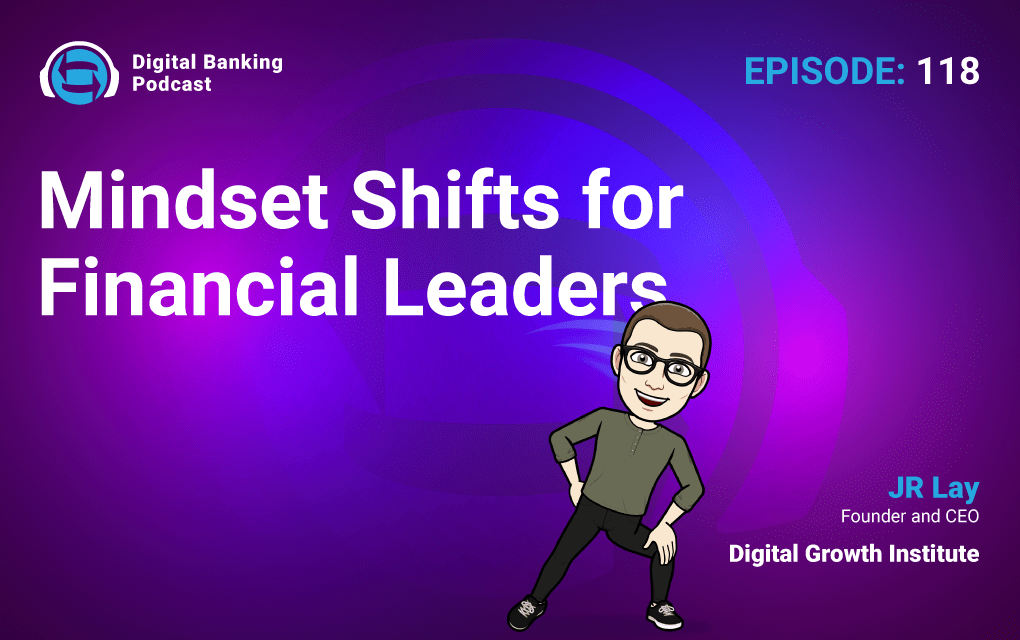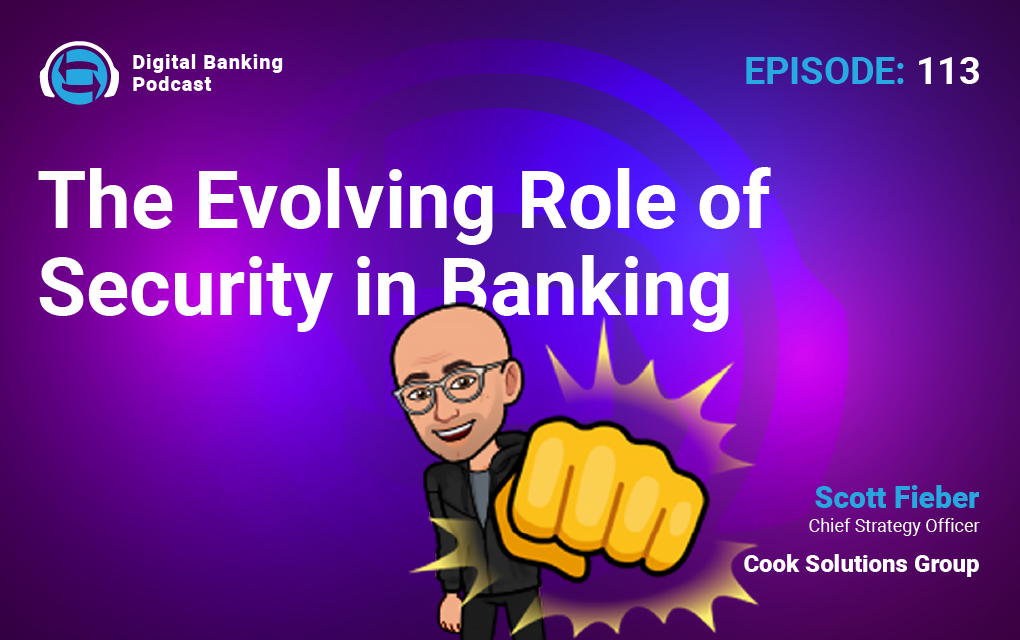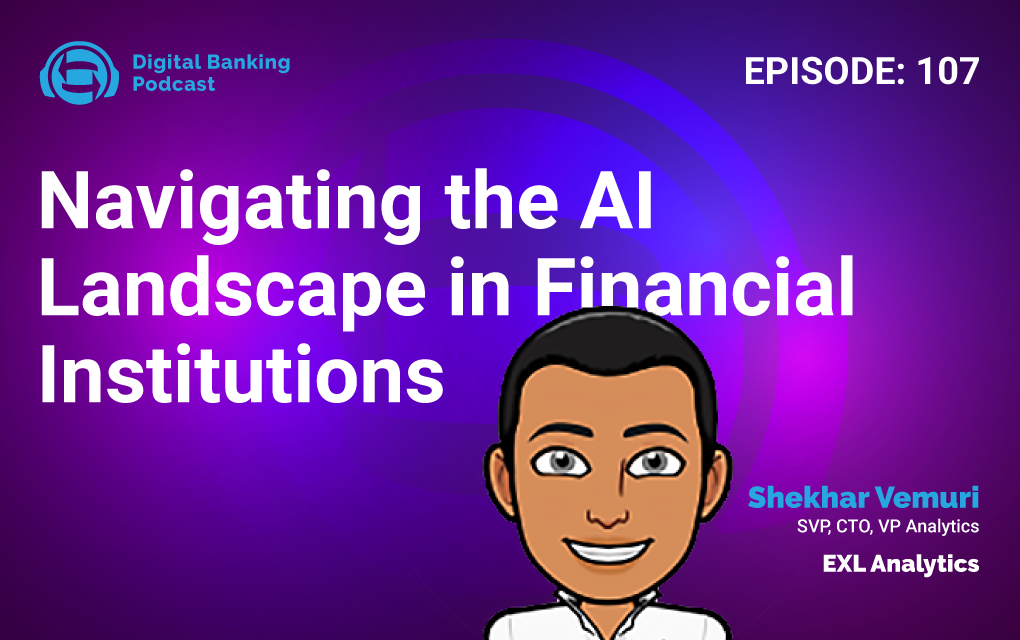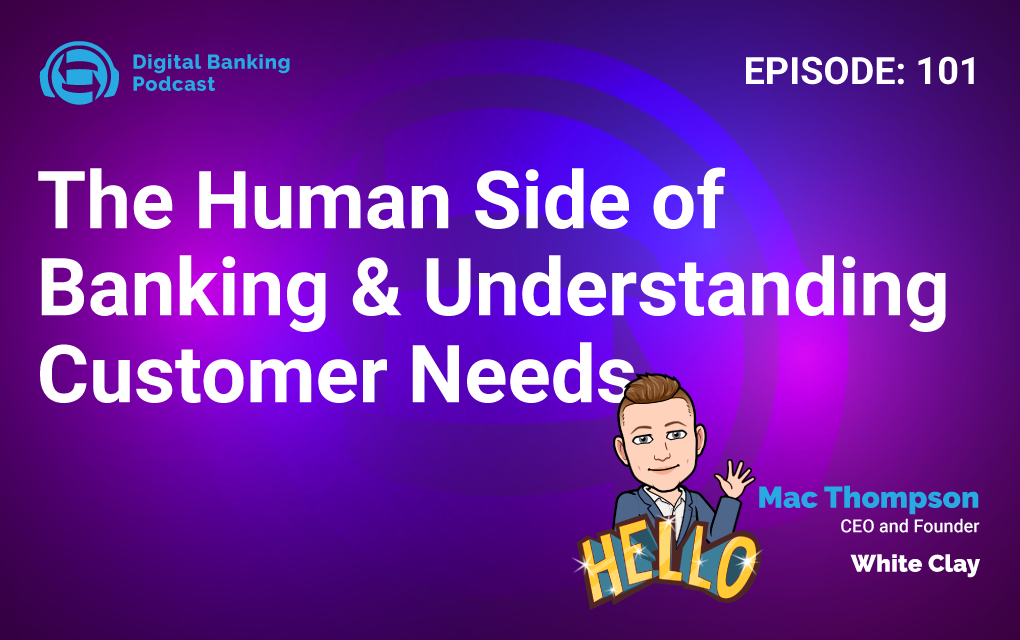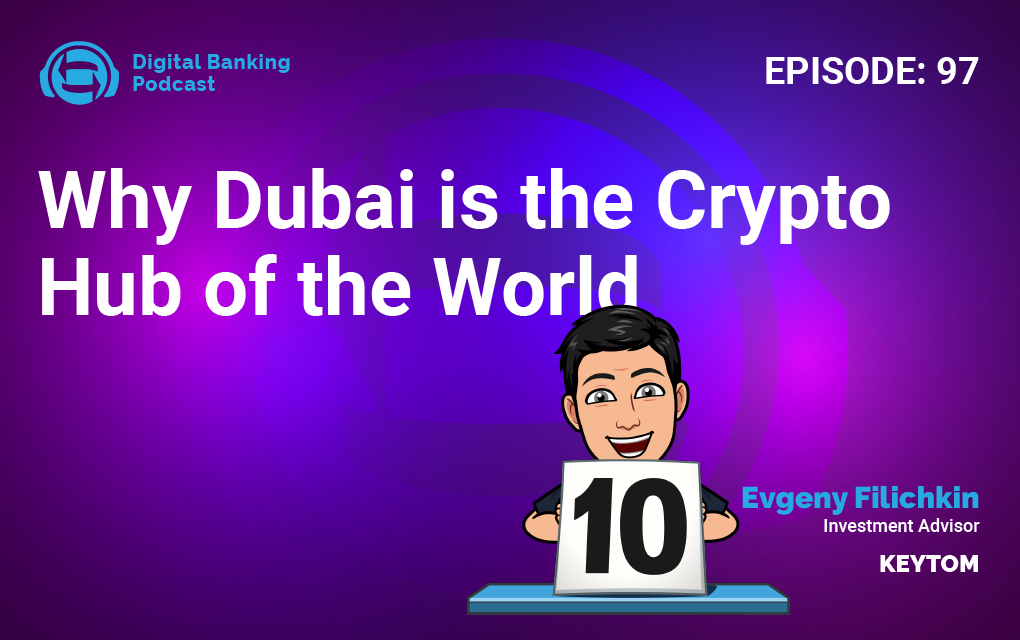Episode Summary
In this episode of The Digital Banking Podcast, host Josh DeTar and Austin Adams, retired CIO at JP Morgan Chase, discussed why empathy is more important than feature functionality when community FIs try to take on the megabanks. Adams also shared a little of his knowledge and expertise in driving innovation and superior customer experience in a complex and ever-changing environment.
Key Insights
⚡ There will always be a place for community bankers.
Community and big banks may offer many of the same financial products and services, but they are different in several ways. According to Adams, big banks are often too bureaucratic. Their rules, guidelines, and decisions aren’t applicable and easily translatable to what happens daily in communities, which is where community FIs are successful. He believes that community banks and credit unions will always exist. “The community bank’s not going to go away, because the large banks’ egos are too big,” he said. “They aren’t close enough to the customer, and their processes and bureaucracy will never match the really good community bank, and when I say community bank, I’m going to include credit unions, as well.”
⚡ Don’t chase the big banks; do what makes sense for you.
Community banks and credit unions have many competitors — big banks, some niche banks, digital-only banks, and even big tech (Amazon, Apple, etc.). “What I do see too often is the small institution worrying inordinately about the functionality or the features of a basic product not being as good as Chase or Bank of America,” he explained. “I think that many times that’s just ego as opposed to real customer demand or customer need. There are clearly things — that capability — that we need, and those of us who are older, for our children and grandchildren, functionality that we need. But to say it needs to be as good as Chase, or it needs to have the same six functionalities as Chase or Bank of America, that’s a mistake.”
⚡ Empathy is an important attribute of a community bank leader.
Leaders set the direction, create an inspiring vision, and motivate others to achieve it and move forward. Good leaders have many qualities — self-awareness and confidence, credibility, and the ability to successfully build relationships and empower others. Adams points out what Jamie Dimon — an American billionaire businessman and banker who has been the chairman and chief executive officer of JPMorgan Chase since 2005 — considers the most important attribute of a leader. “He was asked the question: What’s the most important attribute of a leader? And he gave an answer that I think would surprise most people — did not surprise me,” recounted Adams. “He said, ‘Empathy.’ And not everybody would say that because they’re going to say, ‘Well, he’s a tough leader, he runs a three-trillion-dollar bank, and that isn’t really true.’ It is true. Empathy means a willingness to understand and listen to all your constituencies.”
About The Guest

After earning $750 as a professional golfer in one-and-a-half years, Adams knew he needed a job. He was offered a job in a community bank that had 53 employees and three branches, and he worked there for three years. Then, he had the opportunity to lead the fourth largest bank in North Carolina. In the mid-eighties, when interstate banking laws enabled banks to buy banks in other states, Adams became one of the people who ran what ultimately became, through dozens of mergers, the sixth largest bank in the United States. In 2000, Adams went to work for Jamie Dimon at Bank One in Chicago. They then merged with JP Morgan Chase, where Adams took the role of CIO.

